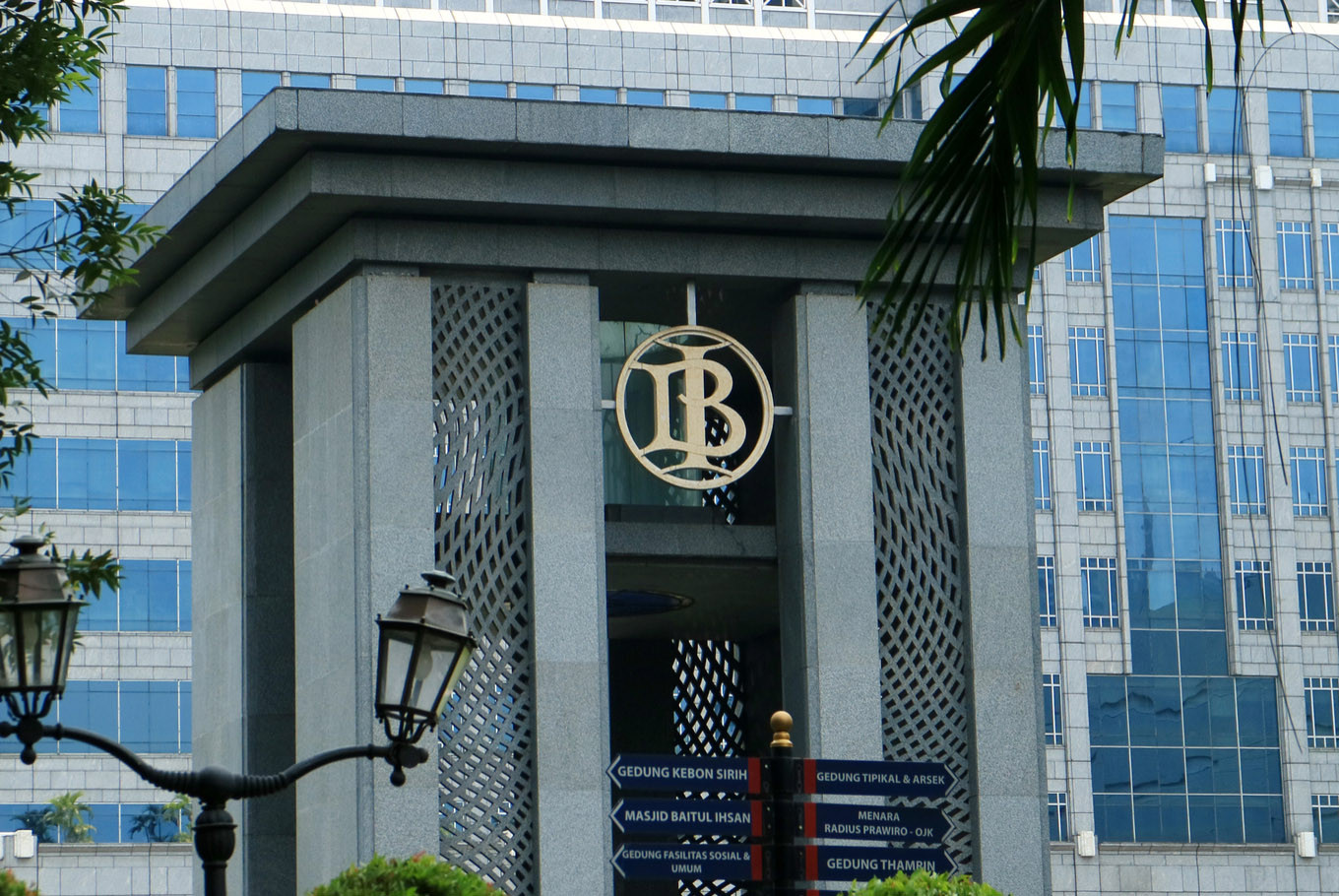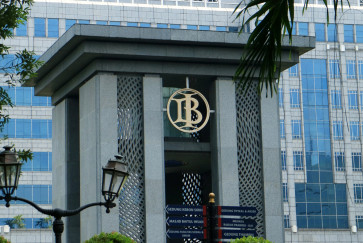Popular Reads
Top Results
Can't find what you're looking for?
View all search resultsPopular Reads
Top Results
Can't find what you're looking for?
View all search resultsWill lower interest rate lead to credit expansion?
The recent rate cut’s effect on the banking sector may be less significant or less immediate at the very least due to several factors.
Change text size
Gift Premium Articles
to Anyone
B
ank Indonesia (BI) lowered its benchmark BI seven-day reverse repo rate by 25 basis points (bps) from 6 percent to 5.75 percent in July — the first interest rate cut by the central bank since September 2017. The rate cut was widely expected and is in line with the stronger Indonesian rupiah and anticipates the United States Federal Reserve’s easing as signaled recently.
Other factors such as the manageable inflation rate of around 3 percent and improved political stability, following the Constitutional Court’s decision that confirmed President Joko “Jokowi” Widodo’s reelection, further justified the lower benchmark rate.
The impact of the lower rate on bank credit growth may be different from that on the bond market. The lower benchmark rate may have a more immediate effect on the bond market. In 2018, when the central bank raised its interest rate three times, corporate bond issues fell 31 percent to Rp 113.64 trillion (US$7.8 billion). The high interest rate environment forced companies to delay their investments, and most of the bonds issued during the condition were mainly for refinancing that could not be deferred.
This bearish trend continued through the first half of 2019, with bond issues reaching only Rp 43.78 trillion until May, lower than Rp 57.92 trillion in May 2018. However, the lower benchmark rate, supported by other economic indicators, will lower the bond yield and make bond financing cheaper. This, in turn, will encourage companies to issue more bonds.
Indonesia’s 10-year bond yield indicator has fallen to around 7.1 percent from 8 percent in the beginning of the year after the rate cut was announced. Pefindo, a local rating agency, also indicates that bond issuances by end 2019 might reach Rp 135 trillion. This estimate is based on the amount of upcoming mandates and potential bond refinancing during the second half of the year.
On the other hand, the recent rate cut’s effect on the banking sector may be less significant or less immediate at the very least due to several factors. First, many banks consider their lending rates to be low, due to tight competition in bank lending.
Many banks refrained from raising interest rates when the benchmark rate was raised to 5.75 percent from 4.25 percent through the second and third quarters of 2018. In fact, the lending rate declined slightly by 23 bps in 2018 as banks tried to maintain their competitiveness. Therefore, a cut of 25 bps may not change market conditions much, since banks already have little room to lower their lending rates further.


















